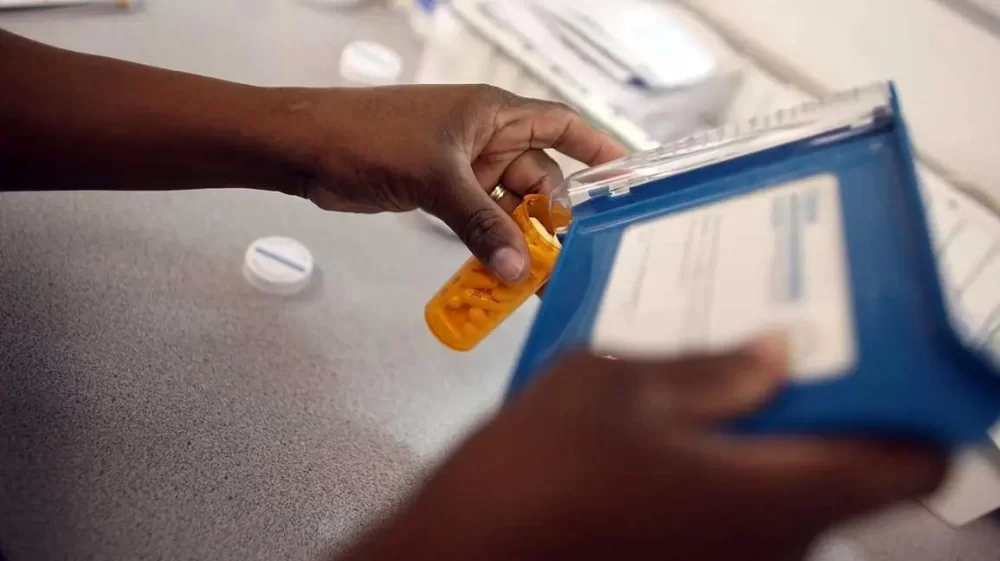
How I Discovered My Blood Pressure Medication Was Recalled
It was a regular Thursday morning when I got a call from my pharmacist. She asked if I had a moment to discuss my prescription. At first, I thought it might just be a refill reminder. But instead, she informed me that the blood pressure medication I’d been taking for the past year had been recalled by the FDA. My heart skipped a beat.
As someone who’s been managing hypertension for over a decade, this was more than an inconvenience—it was a health concern. That’s when I realized how crucial it is to know how to find recalled medications and understand what steps to take next.
Why Blood Pressure Medications Get Recalled
1. Contamination Risks
Many blood pressure drug recalls in the U.S. are due to contamination with substances like N-nitrosodimethylamine (NDMA), a probable human carcinogen. In 2018, several lots of valsartan, a common hypertension drug, were pulled from the shelves after traces of this substance were found during routine testing.
2. Incorrect Dosage or Packaging Errors
Some recalls happen because pills are mislabeled or contain incorrect doses. Even a small variance in dosage can lead to serious health risks, especially for individuals managing high blood pressure.
3. Manufacturing Defects
Issues in the manufacturing process—like improper sealing or contamination during production—can compromise the safety of a medication. The FDA monitors these incidents closely and works with manufacturers to recall products promptly when such issues are found.
How I Checked If My Medication Was Affected
1. Using the FDA’s Drug Recall Database
After hanging up with my pharmacist, I went straight to the FDA’s drug recall database. It’s a searchable tool that lets you input the drug name, lot number, or manufacturer to see if your medication is affected. I found my drug listed with a detailed description of the recall, including the lot numbers and expiration dates.
2. Checking the Manufacturer’s Website
I also visited the website of the drug’s manufacturer. Most pharmaceutical companies have a section dedicated to safety alerts or product recalls. They usually list lot numbers and guidance on what affected customers should do next.
3. Calling the Pharmacy
In some cases, your pharmacist will be the first to know. They can check your prescription history, verify if your specific lot is involved, and guide you on the safest next steps. In my case, they immediately recommended an alternative medication and coordinated with my doctor for a new prescription.
What To Do If Your Blood Pressure Medication Is Recalled
1. Don’t Stop Taking the Medication Abruptly
Unless explicitly advised by a healthcare provider, do not suddenly stop taking your medication. High blood pressure can lead to serious complications if unmanaged. Always consult your doctor before making any changes.
2. Contact Your Doctor Immediately
Your healthcare provider will help you transition to a safe alternative and monitor your blood pressure levels during the change. In my case, my doctor scheduled a quick telehealth appointment and ensured I had no lapses in medication.
3. Safely Dispose of the Recalled Medication
Never flush recalled medications or throw them in the trash. Many pharmacies offer take-back programs or can direct you to the nearest disposal site. The FDA also provides guidelines on how to dispose of drugs safely if a disposal site is not available.
How to Stay Ahead of Future Medication Recalls
1. Sign Up for FDA Recall Alerts
You can subscribe to email alerts from the FDA. This way, you’ll be notified instantly when a drug you’re taking is recalled or flagged for safety issues.
2. Use Medication Tracking Apps
There are several apps available that not only remind you to take your medication but also alert you to recalls or FDA safety notices. Apps like Medisafe or CareZone are popular among patients managing chronic conditions.
3. Build a Relationship With Your Pharmacy
Your local pharmacist is an invaluable resource. They’re often the first to know about recalls and can give you fast, personalized advice. I’ve come to trust mine not just as a dispenser of pills but as a partner in my healthcare journey.
A Real Wake-Up Call
Finding out that my blood pressure medication was recalled was a wake-up call. It taught me the importance of staying informed and proactive about my health. I now make it a habit to check in monthly with my pharmacist and keep an eye on FDA alerts.
If you’re reading this and wondering whether your medication is safe, don’t wait. Use the tools available, speak with your healthcare team, and stay alert. Managing hypertension is hard enough—your medication should be part of the solution, not the problem.
For trusted support and guidance, I recommend visiting Pharmacy where you can find professional advice tailored to your needs.














